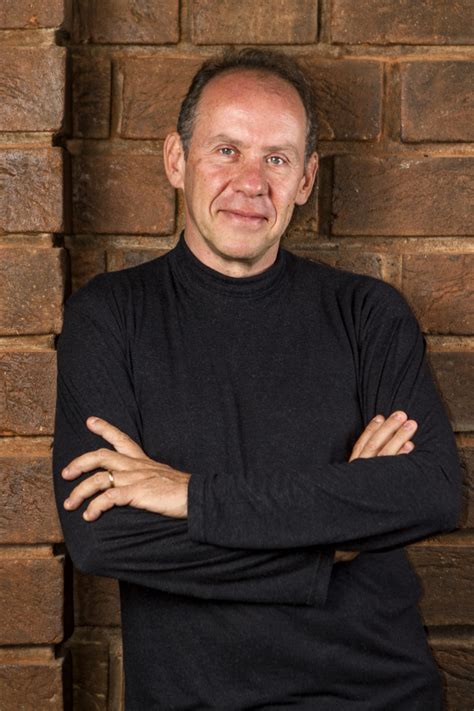Top 33 Quotes & Sayings by Ricardo Semler
Explore popular quotes and sayings by a Brazilian businessman Ricardo Semler.
Last updated on December 25, 2024.
To survive in modern times, a company must have an organizational structure that accepts change as its basic premise, lets tribal customs thrive, and fosters a power that is derived from respect, not rules. In other words, the successful companies will be the ones that put quality of life first. Do this and the rest - quality of product, productivity of workers, profits for all - will follow.



















